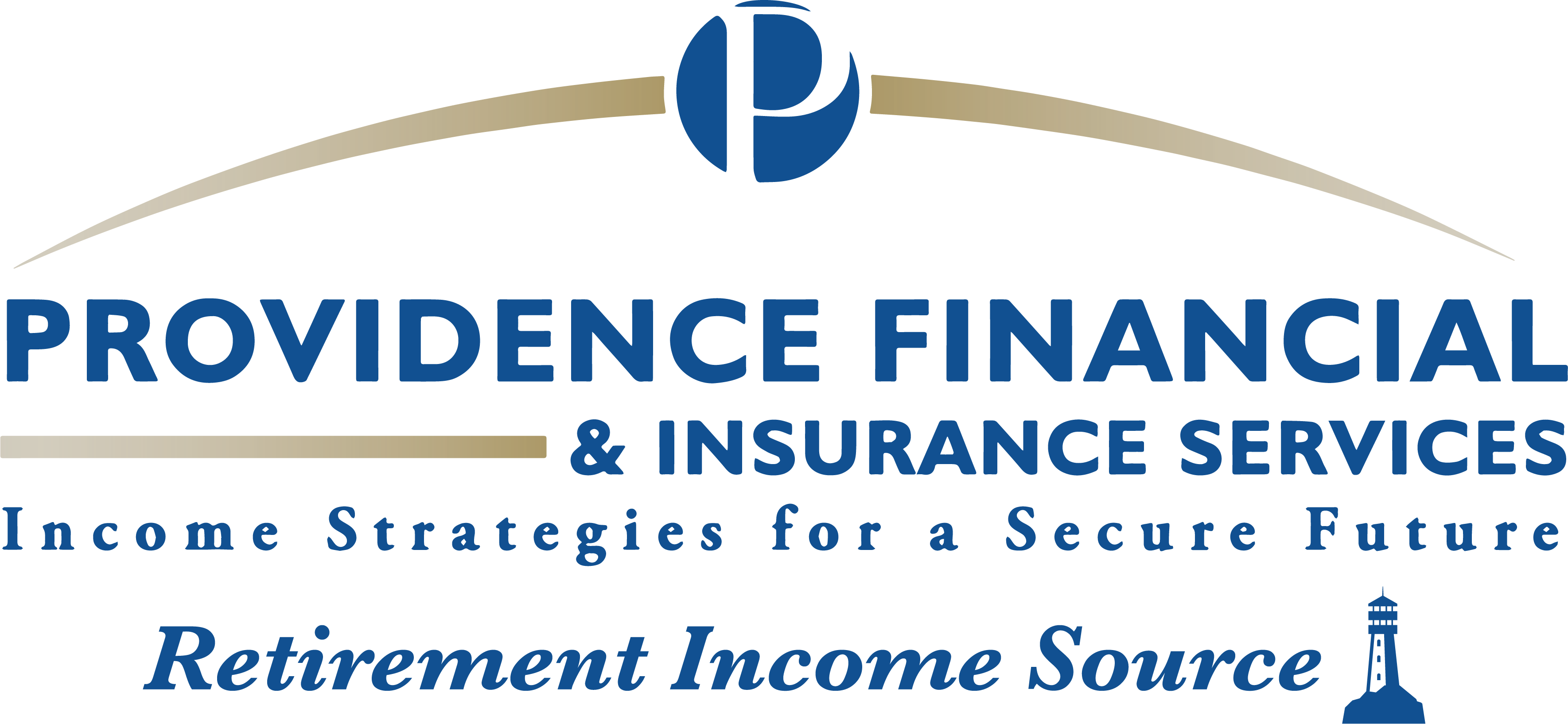Life Insurance and Long Term Care
Strategies for Maximizing Your Social Security
Our mission for this show is to help you live a stress-free retirement; and few things create more stress and confusion for pre-retirees than Social Security. Since they don’t know whom to turn to for advice, they often make hasty decisions that cost them tens of thousands over their lifetime. When should you take Social Security and what is the best way to take it? We’ll give answers and strategies in the first part of this show.
In the second part, we’ll talk about the best ways to invest during your accumulation years, as you’re heading towards retirement, versus your retirement years. Finally, we’ll answer some listener questions about these topics. Listen in.
Mutual Funds and ETFs
If you’re retired, you may be wondering if mutual funds and ETFs are appropriate for you to invest in retirement. You may also wonder what the difference is between them (hint: there are more similarities than there are differences).
Mutual funds are actively managed by fund managers who make decisions about which assets to buy and sell within the fund. Investors buy shares directly from the fund company at the end-of-day net asset value.
ETFs are passively managed funds that typically track an index or a specific sector. They are traded on exchanges like stocks, and their prices fluctuate throughout the trading day. Investors buy and sell ETF shares on the open market.
In today’s podcast, we give a bird’s eye view of how mutual funds and ETFs work, along with the main advantages of each.
As usual, we’ll end the show by answering a few of your questions. Listen in.
It’s not How Much You Earn, but How Much You Keep That Matters
My dad used to often say to me, “It’s not what you earn, but what you keep that matters.” In this show, we’ll talk about several strategies that can help you maximize how much you keep of what you earn.
We’ll then go on to discuss potential pitfalls of investing in mutual funds and the benefits of individual bonds, particularly as you approach retirement.
We’ll also explain the difference between fee-based and commission-based advisors, with the former being held to a fiduciary standard which requires them to make the best recommendations for their clients.
For our weekly listener question, we’ll address indexed funds and municipal bonds.
Listen in.
